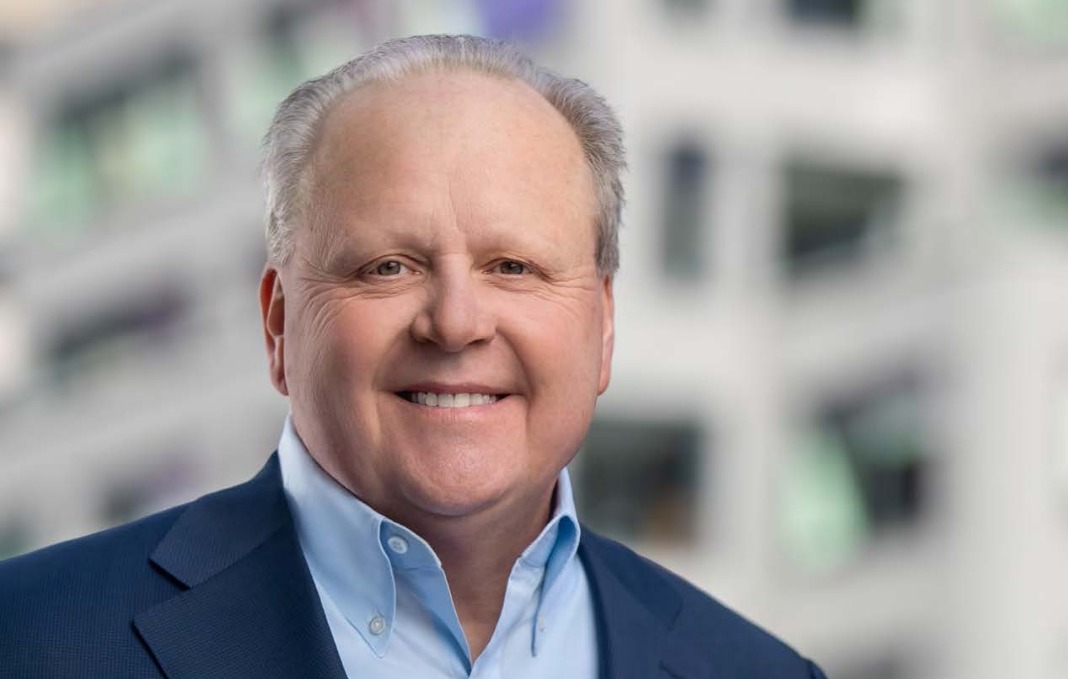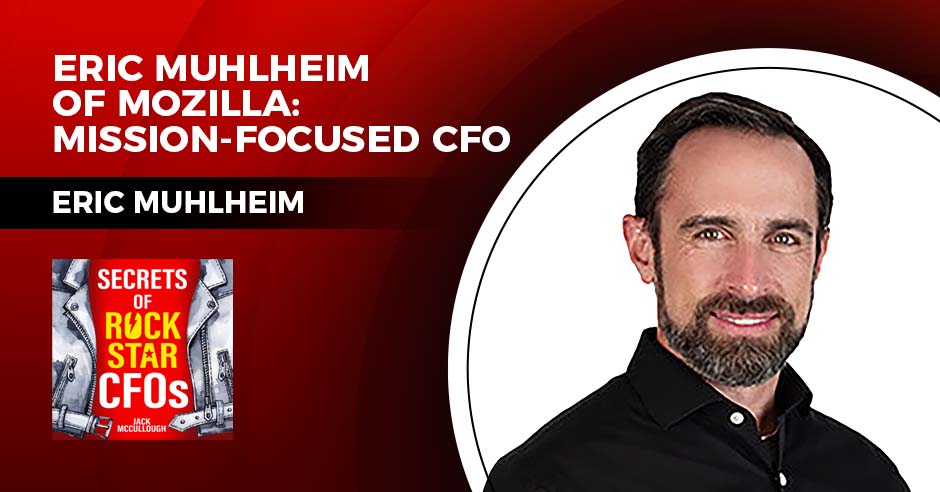Chris Festog was still learning about the financial business the first time he worked for Mutual of America Financial Group from 1999 to 2000, even though his role was senior vice president and controller. But when Festog returned to the $1.7 billion company in 2009, he came back on a path toward becoming a transformational CFO for the enterprise.
His credentials for completing the task included a thorough familiarity with business technology, which has been a prong of his career from the early days, as well as ideas through experience about what he eventually wanted to provide Mutual of America as its financial chief.
“I’ve never been that ‘Dr. No’ person,” Festog says. “Everywhere in my finance-executive roles I’ve spent more money than when I got there. What the CFO is incredibly equipped to do is look at business and understand where investments should be made and to champion those. They should listen to different leaders of the business groups to ask, ‘What should we build, or not build and pull back on?’
“That’s what effective CFOs do. If I just had to manage costs and say no to everything, I wouldn’t be a very happy CFO.”
Festog became senior vice president and CFO of Mutual of America in 2017, the culmination of his second stint with the New York-based provider of retirement products and investments to nonprofits and small businesses. Since then, among other things, he has toted the corporate torch for Mutal’s plans go get into wealth management, helped bring in a new CIO, built out the company’s first business-intelligence platform, and partnered with CEO John Greed in what Festog called “a significant process of creating and transformation” overall.
“Over a 10-year period, we’ve been turning over about 70 percent of the executive leadership,” Festog says. “My vision is to lead two things, and I have about three years left. I want to leave behind an organization that thinks and acts strategically, asks questions about what we’re doing and why we’re doing it.
“And second, to pass on an empowered leadership team. Sometimes leaders are in name only, and the best leaders are when you empower them and let them make mistakes and also succeed.”
Early Experiences
Festog built his finance and leadership skills through early experiences with Arthur Andersen, as an executive vice president of risk management for Texaco, as CFO for Zurich Insurance, and in his first stint with Mutual of America. He left the company to serve as CFO of ReinaissanceRe and then became a partner for Insurance Intelligence Resources.
Festog’s career took an interesting twist in 2005 when he was recruited to become chief information officer for Virginia Farm Bureau. “I had a lot of response for tech throughout my career, either starting or being responsible for the IT group,” he recalled. “But I wanted to see what it was like to be a chief information officer.
“If you’re a CFO, immediately you have credibility that you know the business and finances. And though everyone [at Virginia Farm Bureau] knew my financial background, they were like, ‘What do you know about the business? You’re a tech guy.’ But I understood the business, and also about technology and transformation. That gave me more power with the CFO there and more ability to affect the business.”
Festog left the Virginia Farm Bureau after two years and, after a brief stint as CFO of insurer Heritage Union Life, also in Richmond, Virginia, he returned to the Park Avenue headquarters of Mutual of America. By the time he worked his way to the top of the company’s finance arena, Festog had developed some definitive ideas about how to reshape it.
“Because of how I approach being CFO, very holistically, I’m always interested in how to grow the business,” Festog says. So, for instance, within six months of assuming the role at Mutual of America, he took a week of sales-leadership training.
“I just listened and talked with our top salespeople, asking about what’s working and not working, about what parts of our culture were working or not working,” he says. “Some of it was similar to the hybrid-work stuff everyone talks about now. Anyway, those conversations are all coaching and visioning, and as you ask and engage them with questions, and they see that you’re the CFO, you’re transforming and encouraging them.”
Festog also focused heavily on constructing the company’s first business intelligence platform, building out a data warehouse and putting analytics tools on top of it. The finance department was “spending all of their time closing out their books and not enough time analyzing” data about the business, he says.
“You need a well thought out, metric reporting dashboard environment so you’re getting the right feedback and analysis about the business. If you don’t have the right information, you can’t make good decisions. The enjoyable part for me of being a CFO over the years wasn’t necessarily in doing financial reporting to the SEC, but figuring out how we can build out information and analysis that helps us make better decisions; that’s a fundamental part of being a CFO.
“If I can’t integrate and provide insight to the CEO, then it’s like I haven’t finished the game,” Festog says. “So the best practice was to build out a group that, 24/7, is looking at the business and understanding what is happening. It was an important step for us because it drove advances in premiums and sales and an overall understanding of what was happening in the business.” The process also cut Mutal of America’s sales and reporting process from 30 days to about one day.
Once the business-intelligence function was established, he says, as CFO, Festog was in a much better place to work with Greed to “drive investment. [So] instead of a CFO just saying no, you’re actually in the room saying, ‘This is a good idea; how about this?’ That’s an important aspect of being a CFO that drives the business.”
For instance, Festog recently has been interacting with the rest of the Mutual of America executive team over the company’s rollout of a new customer-service strategy that expands its local presence of personnel “on the ground,” intensifying one of the company’s key advantages of competition that Festog says is less attentive to one-on-one interaction with customers.
“I would interact with the team and say, for instance, ‘This is a good idea, but how will it impact’ a certain part of the organization,” Festog says. “Part of what a CFO can and should bring is literally that you see everything in the company. There’s no aspect of the company that I don’t know about. I’m not necessarily the expert in everything, but because every economic event has a financial impact, I literally know about everything that’s happening that is important.
Avoid ‘Tunnel Vision’
“As CFO, you can’t have tunnel vision. You must have your eye on everything. And you have a unique opportunity to provide that [broad] perspective.”
After re-engineering his role to one where he understands and helps drive the company’s overall strategy, Festog was able to recommend that Mutual of America consider entering the wealth management market, adding high-net-worth individuals to a customer base that had always consisted mainly of small businesses and not-for-profits seeking retirement management services.
“We do an amazing job of retirement savings for a lot of people, but wealth management is a micro-market that gets neglected,” he says. “Our same culture—of caring more about the person than the money—would be transformational at the wealth management level. I’ve seen a lot of [wealthy] people over the years with [investment] portfolios with things that aren’t completely appropriate for them. There are a lot of companies out there who really don’t know a lot about retirement advising them.
Mutual of America has “committed to do it” but the company’s “transformation around technology and new products is taking longer” than anticipated, so a foray into wealth management “will be pushed out a few years,” Festog says. He looks forward to the day when championing this type of diversification will pay off.
“To have a wealth management group with our focus and passion,” he says, “would come from the core of who we are as a company.”








